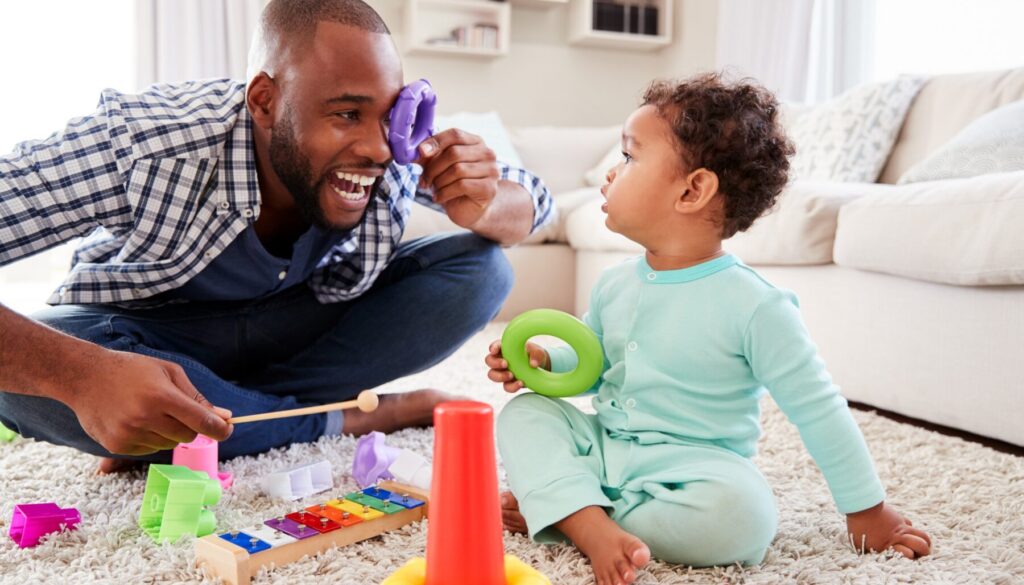Why Play Is Important for Your Child’s Brain and Emotions

To adults, play might look like just fun and games, but for young children, play is powerful work. It’s how they explore the world, make sense of their emotions, and build the foundation for learning and relationships.
The Brain on Play
Play activates multiple parts of a child’s developing brain. Whether they’re stacking blocks, pretending to be a doctor, or racing toy cars, they are:
- Strengthening problem-solving and attention
- Building language and motor skills
- Practicing emotional regulation and social connection
According to the Harvard Center on the Developing Child, play is a core experience that helps children build the skills they need for school and life including creativity, flexibility, and self-control.
Play Builds Emotional Strength
Through play, children:
- Express big feelings in a safe way (e.g., acting out fear, excitement, or frustration)
- Practice coping skills (like trying again after a tower falls)
- Learn empathy and cooperation through imaginary and social play
How Parents Can Support Play
- Follow their lead: Let your child choose the activity and guide the play.
- Join in without taking over: Sit on the floor and enter their world.
- Make time for unstructured play every day, even 15–20 minutes.
You don’t need fancy toys. Cardboard boxes, spoons, or dress-up clothes can spark hours of learning and connection.





